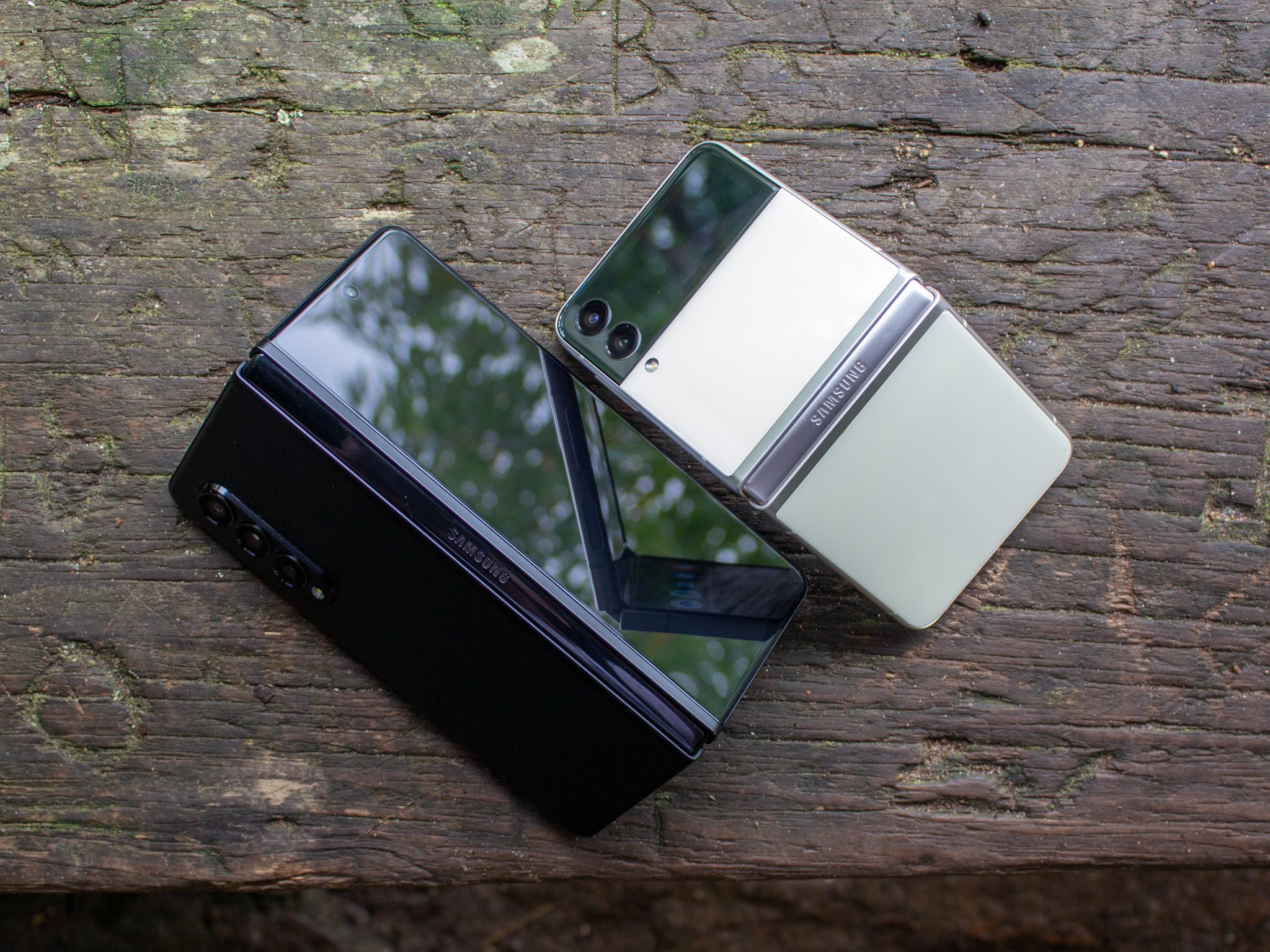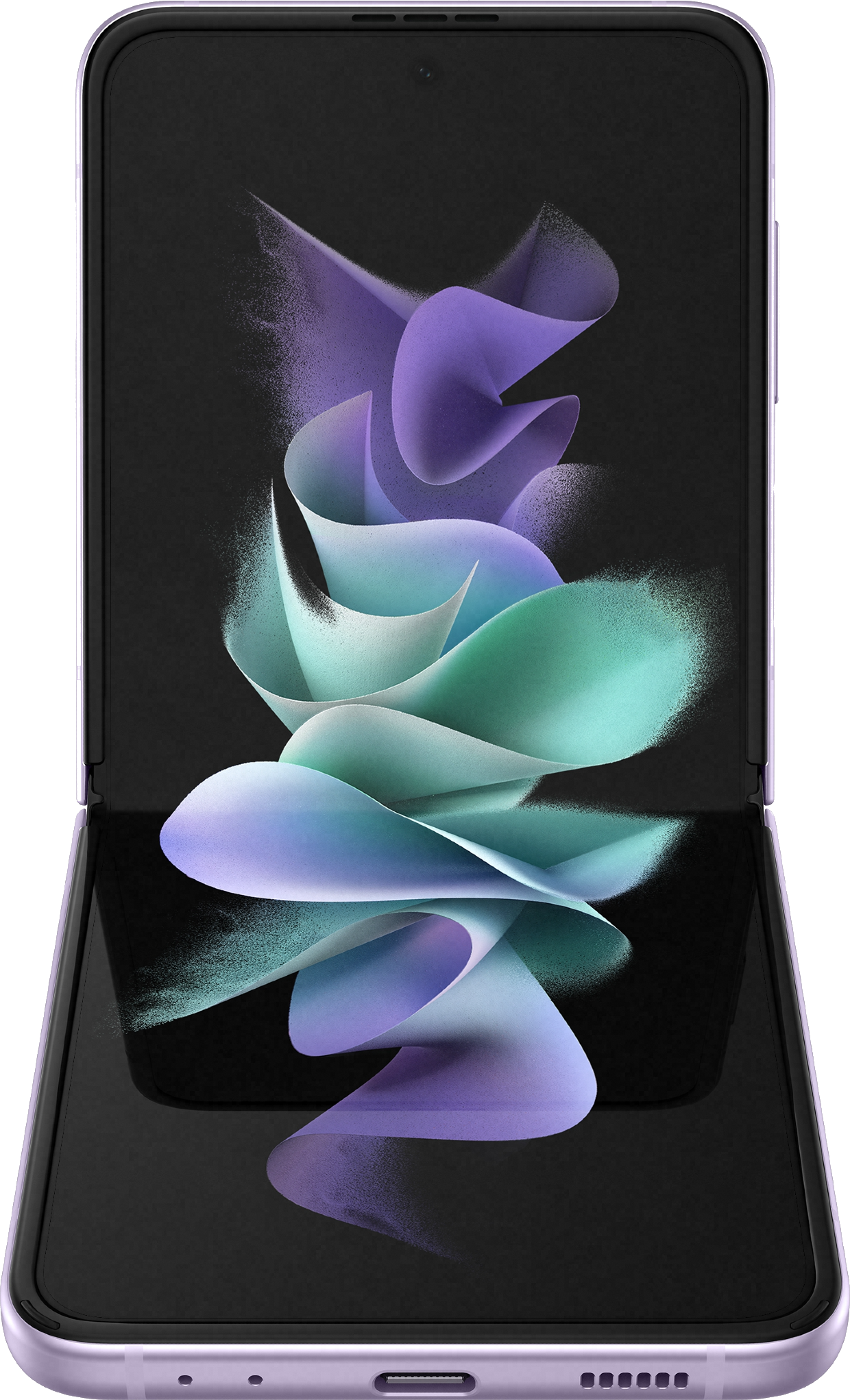Watch the phones get bent, poked, and submerged in new video.
What you need to know
- Samsung has shown the internal tests that the Galaxy Z Fold 3 and Z Flip 3 go through.
- The tests show how the foldable devices fare in various environments, including submersion and repeated bending.
- According to Samsung, the tests reflect real-world scenarios of how people use their phones.
Samsung wants to persuade you that its latest foldable phones are durable. The company has released a new video in which it puts the Samsung Galaxy Z Fold 3 and Z Flip 3 through rigorous folding and different climates, among other tests.
The video reveals some of the internal tests the company uses to ensure the foldable devices are up to the task. Samsung says the tests "reflect actual user patterns in real-world scenarios." These include environmental chamber, water resistance, S Pen reliability, and folding test.
In the environmental chamber test, the Galaxy Z Fold 3 and Z Flip 3 were subjected to varying temperatures and humidity. Both phones were also submerged while partly folded. In another test, a robot arm was used to test the performance of the S Pen. The phones were also bent repeatedly to ensure their hinge could survive multiple folds.
However, a drop test was missing from the video. Nonetheless, a recent drop test video revealed how durable Samsung's best foldable phones were.
The company stated that it has put in a lot of effort over the last few years to conduct "thousands of trials" to ensure the phones' durability. The result is a foldable device that Samsung says can withstand 200,000 folds, or up to five years of use.
Samsung Galaxy Z Flip 3
From $1000 at Samsung From $925 at Amazon
The Galaxy Z Flip 3 from Samsung is a stylish foldable that not only packs great specs but is also much more durable than its predecessor. It is powered by a Snapdragon 888 chipset just like the Galaxy Z Fold 3, so you can expect excellent performance.
Source: androidcentral

